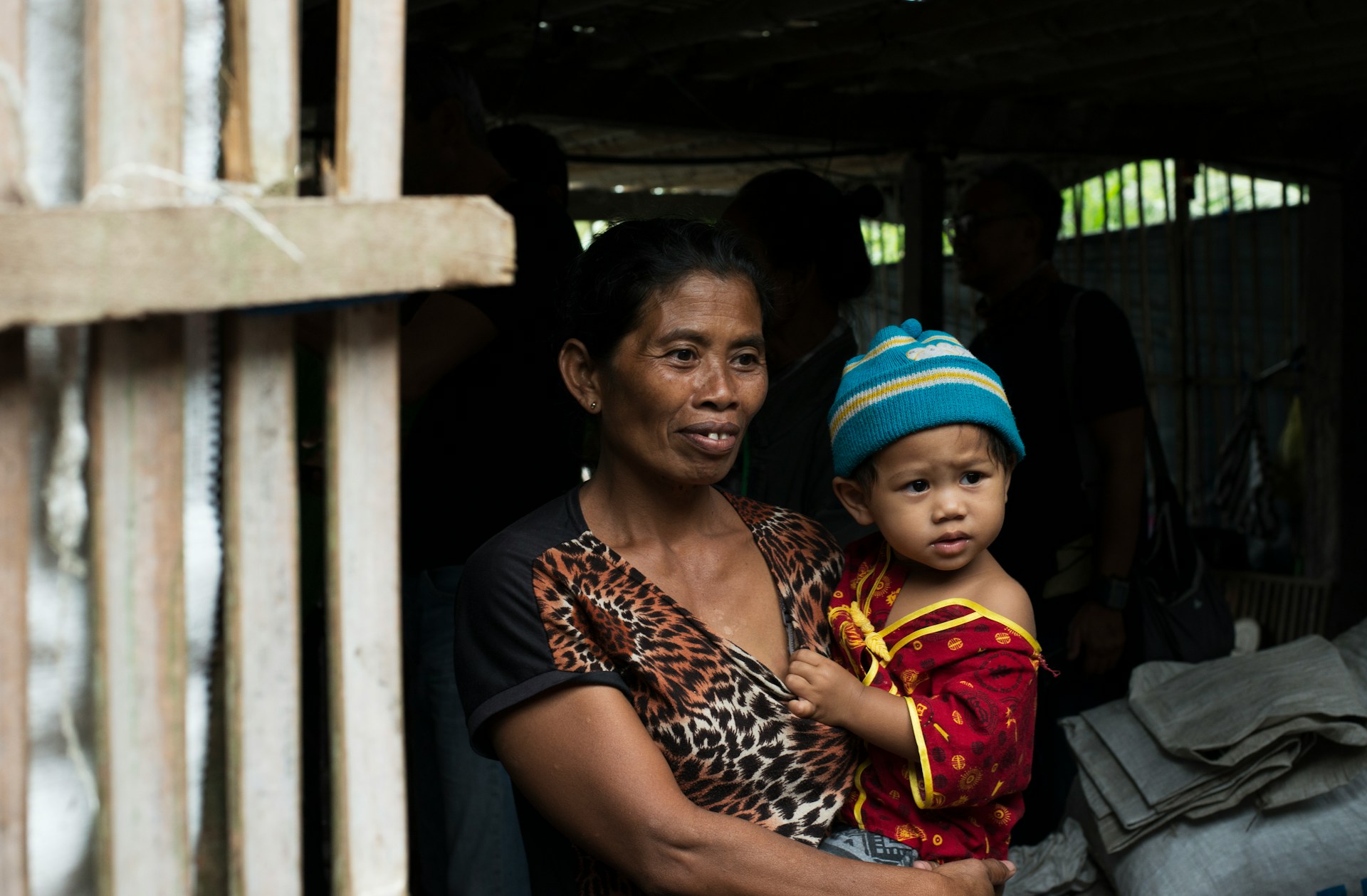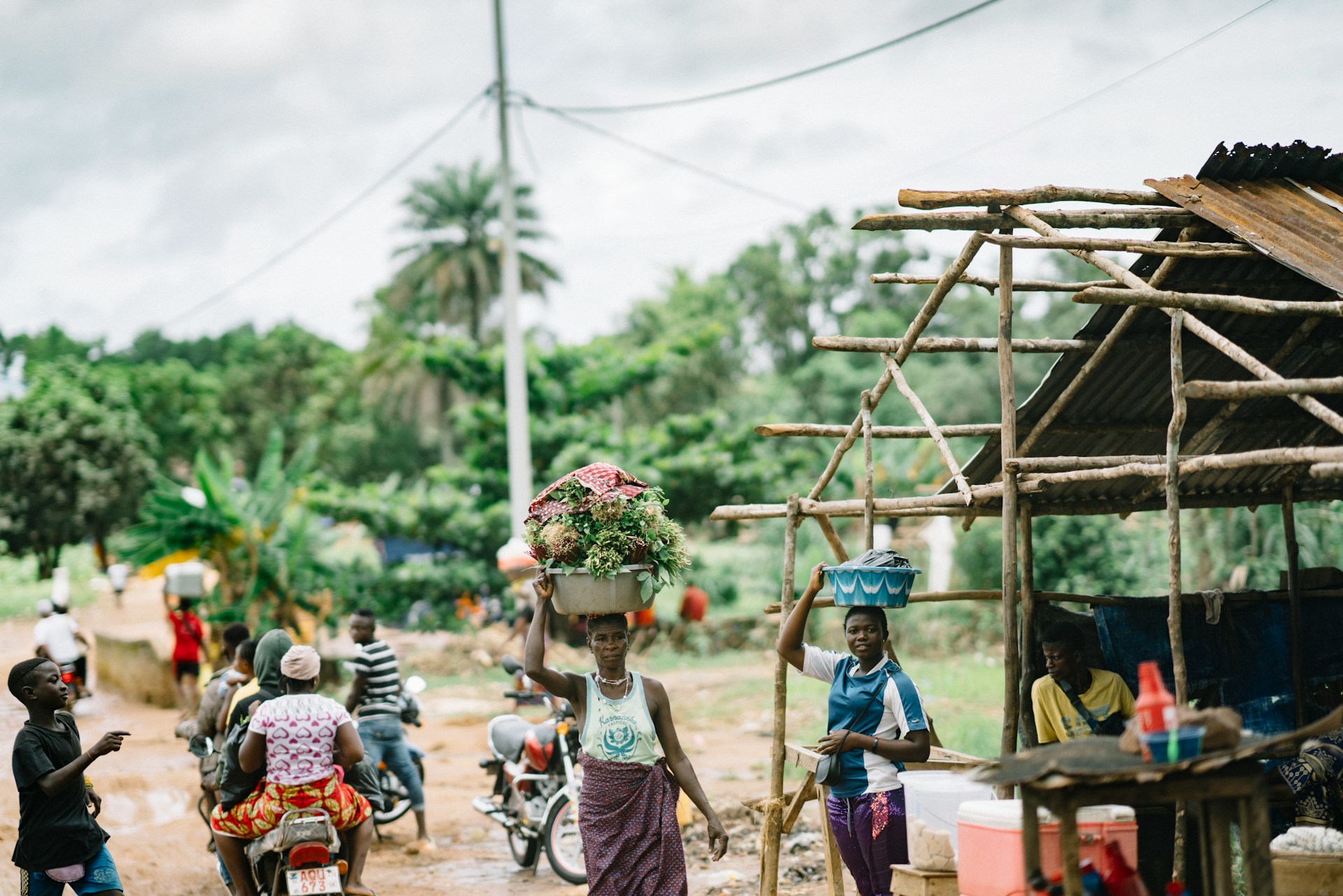From Poverty to Empowerment
Growth, inclusion, and sustainability are connected to bringing the population from poverty to empowerment, often complementing one another but sometimes pulling in different directions.
This research explores how growth can contribute to higher living standards and a greener world, building on the tremendous progress of the past half-century.
Specifically, it looks at the economics of addressing both poverty and climate change in a decisive way—as well as the trade-offs involved.
We focus on established global aspirations to bring the population from poverty to empowerment without imposing constraints on ambitions.
On the sustainability side, the Paris Agreement laid out a framework to limit temperature rise to well below 2.0°C (and preferably to 1.5°C) relative to preindustrial levels.

In response, many countries have committed to reaching net-zero emissions.
On inclusion, while the world has made historic strides against extreme poverty, development experts and economists have discussed setting a higher bar for living standards.
The UN Sustainable Development Goals (SDGs) propose achieving adequate nutrition, health, education, clean water, energy, and living conditions for all.
The concept of economic empowerment used in this research captures these aspirations. For each country, we estimate the point at which individuals can meet their essential needs and begin to have some security.
This does not undermine the goal of eliminating extreme poverty; it explores how to move further toward a world in which people realize more of their own potential.
Also read: Economic Empowerment of Shelter-less

